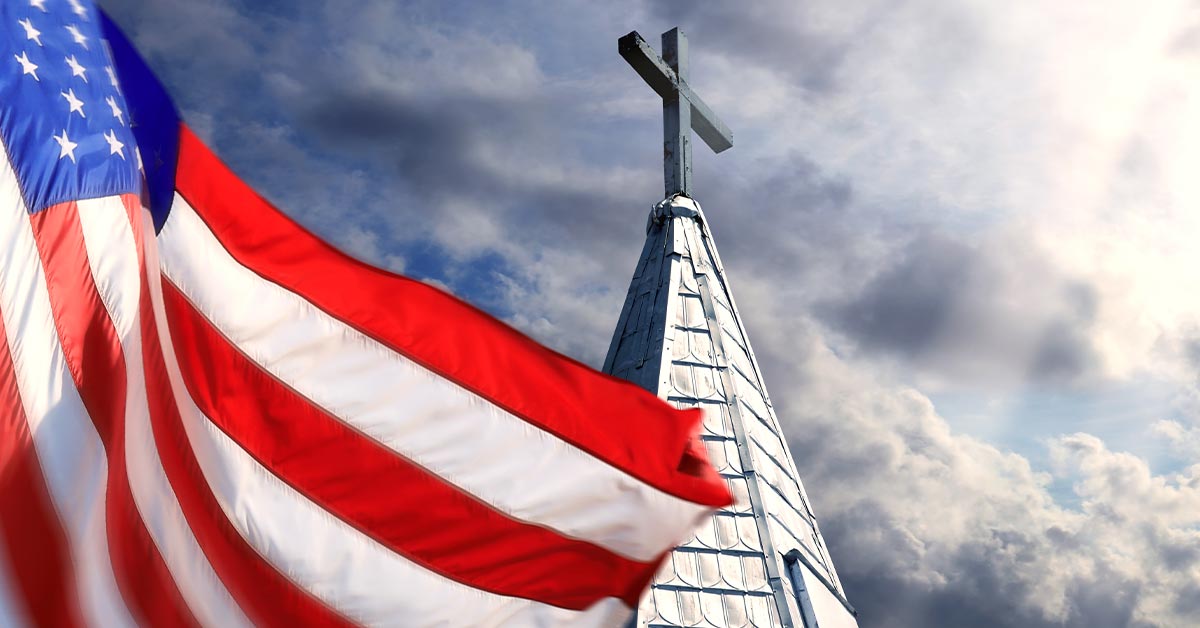Everything else being equal, the more religious the individual in the U.S. today, the higher the probability that the individual identifies with or leans toward the Republican party. I called this the “R and R rule” in my 2012 book on religion, found the phenomenon alive and well in my 2014 review of Gallup data, and now, nine years later, Gallup’s data confirm that this religiosity gap is more evident than ever.
Americans’ political identity is a powerful correlate of a wide range of Americans’ attitudes and behaviors, including, in particular, a wide range of attitudes about hot-button political and social issues. And we know that political identity is related to views of the national economy, views of the nation’s institutions, happiness, perceptions of the nation’s most important problems, and a variety of other measures. It is thus not surprising that political identity would also be related to religion.
…



It’s sad that we don’t teach the history of symbolism / society media consumption patterns. Multimedia presentation of Fox News is way more televangelism than a dusty old book named The Bible. We just let advertising and marketing media act upon the population and people behave as if there are no side-effects or conflicting influence systems. We could educate everyone on the world-wide patterns of this and the history, but we do not. We behave somehow as if the Middle East / Levant is a role model of people fighting it out over their favorite story patterns.
deleted by creator